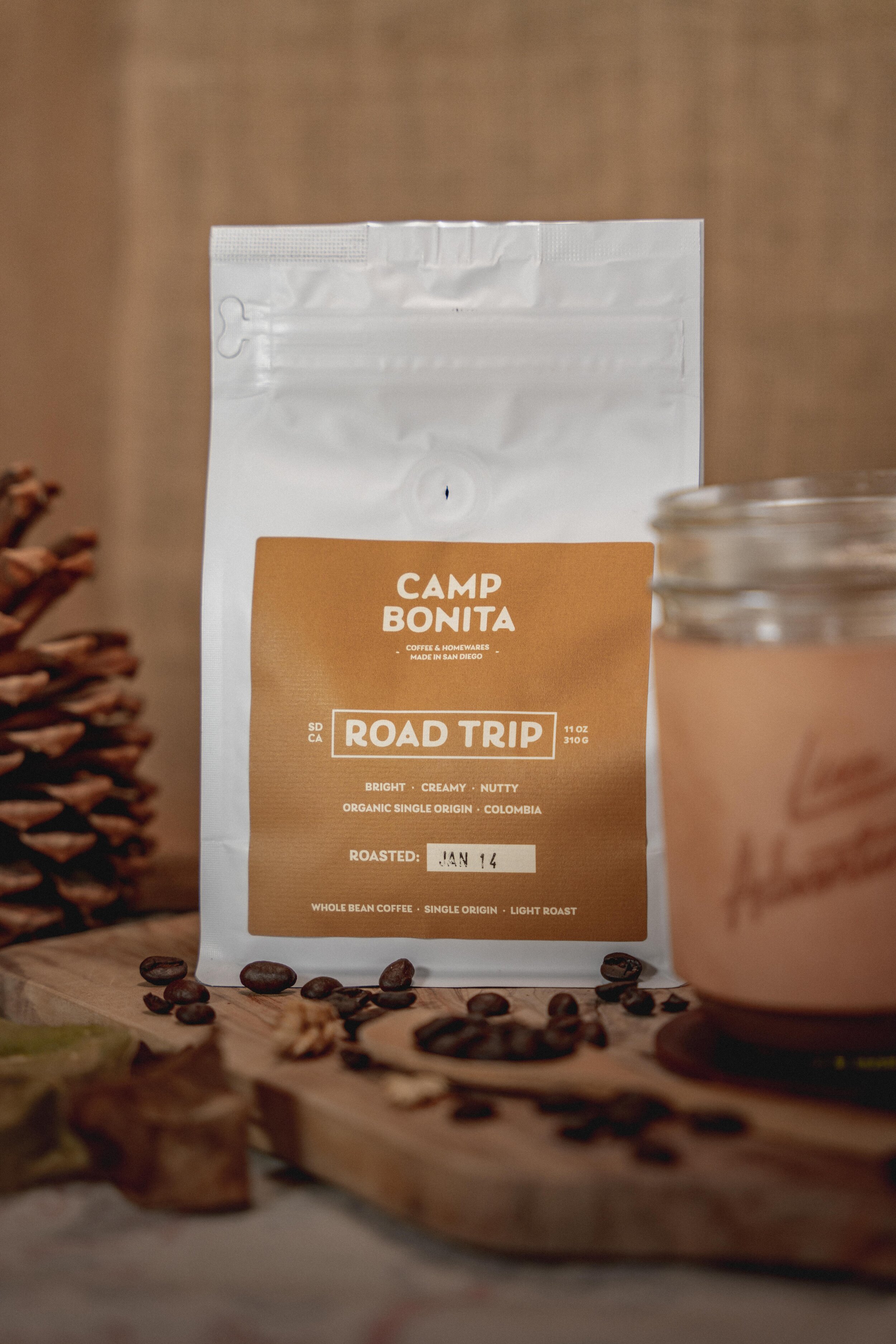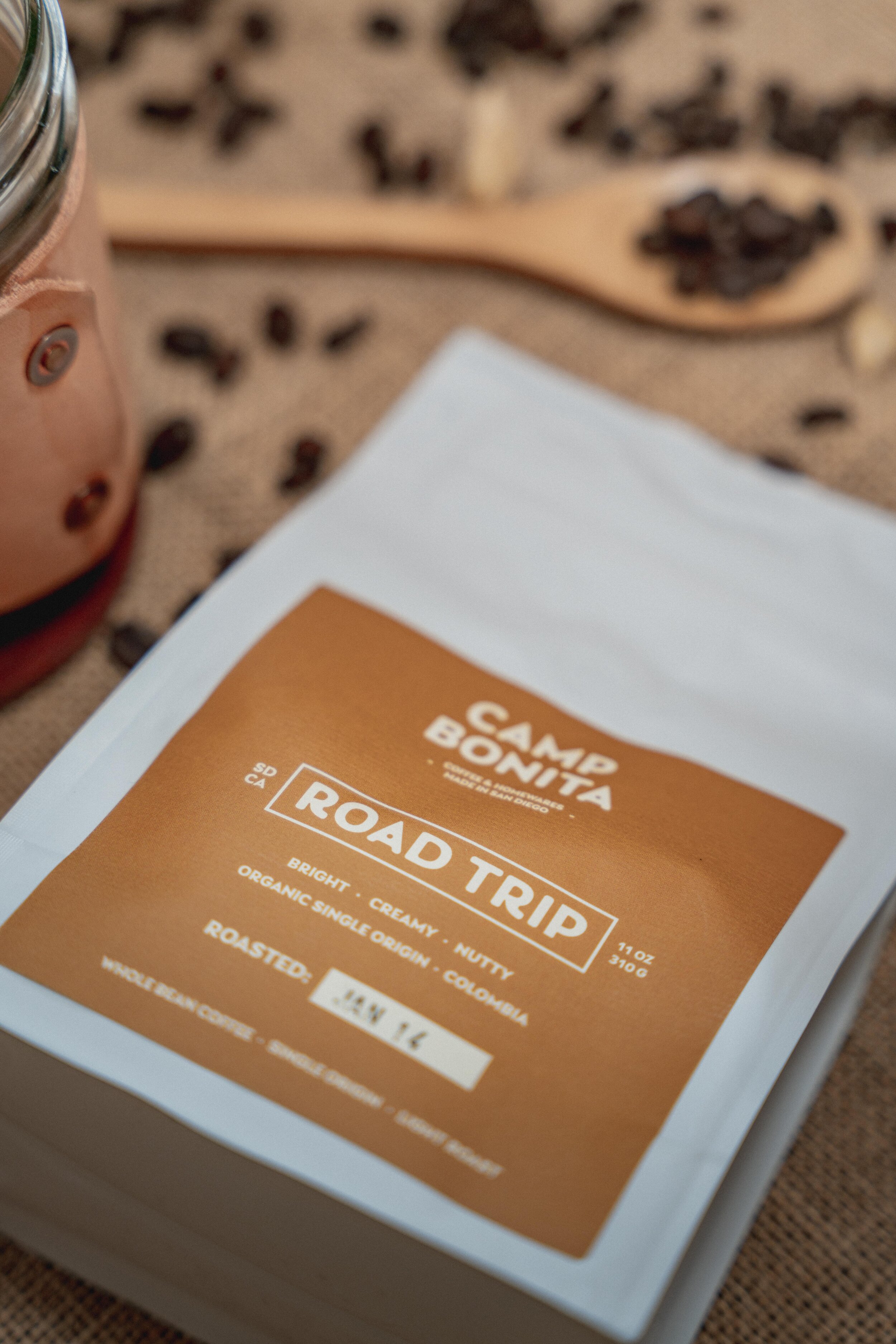028: IS COFFEE A SUPERFOOD?
Is coffee a superfood? In this blog post, I'm researching this problem and finding the answer. Here's what I learned.
First of all, what's coffee made of? Coffee is a brewed drink made from roasted coffee beans, which are actually seeds found in the center of the berries of certain species of the Coffea plant. On a trip to Costa Rica a few years ago, a group of friends and I visited a coffee plantation where we made chocolate out of coffee beans from coffea plants. Before then, I never knew coffee beans came from the center of bright red tropical berries. The main active ingredient in coffee is caffeine, the most commonly consumed (and most delicious) psychoactive substance on earth. Other active ingredients include chlorogenic acids (CGAs), trigonelline, cafestol, and kahweol.
Caffeine stimulates your nervous system, and while it can impact your brain in a few ways, the major impact is an increase in alertness. Additionally, coffee can make you feel more energized, more alert, more awake, and less tired. It can also help manage drowsiness, headaches and even migraines. But this is all fairly common knowledge. What are the real health impacts, and is it actually good for you?
According to a meta-analysis of 112 observational studies conducted by the University of Catania in Italy, the answer is yes. A meta-analysis is essentially a conglomeration and analysis of the results of many scientific studies. They are used to get a bigger picture and a broader understanding of a specific scientific issue. The University of Catania's meta-analysis found that coffee was associated with a probable decrease in risk of...
Breast, colorectal, colon, endometrial, and prostate cancers.
Cardiovascular disease and mortality.
Parkinson's disease.
Type 2 diabetes.
Another study of 500,000 people performed by the UK Biobank found "inverse associations for coffee drinking with mortality, including participants drinking 1 up to 8 or more cups per day." In this study, "mortality" included deaths from both cardiovascular disease and some forms of cancer. In short, drinking light to heavy amounts of coffee daily is associated with a decrease in mortality, or, in other words, a longer life.
But how does coffee achieve these benefits for us? Well, in a few ways.
First, coffee impacts your brain by limiting the impacts of adenosine, an inhibitive neurotransmitter. Blocking adenosine increases the frequency of neuronal firing in the brain and allows your brain to release neurotransmitters like dopamine and norepinephrine. In turn, this awakens the brain, improves your mood, and increases energy.
Second, coffee contains an abundance of nutrients and antioxidants, including thiamine, riboflavin, niacin, pantothenic acid, potassium, and manganese. These nutrients help with a plethora of bodily functions, including breaking down both food and fat into energy, promoting healthy nerve function, muscle contraction, & heartbeat regulation, and the metabolism of proteins, amino acids, cholesterol, and carbohydrates.
Finally, these benefits combine to promote our overall mental and physical health by improving the function of our brains and our bodies. And on top of all these benefits, coffee is a cozy and tasty way for many people to begin their days. Just don't forget to stay hydrated!






